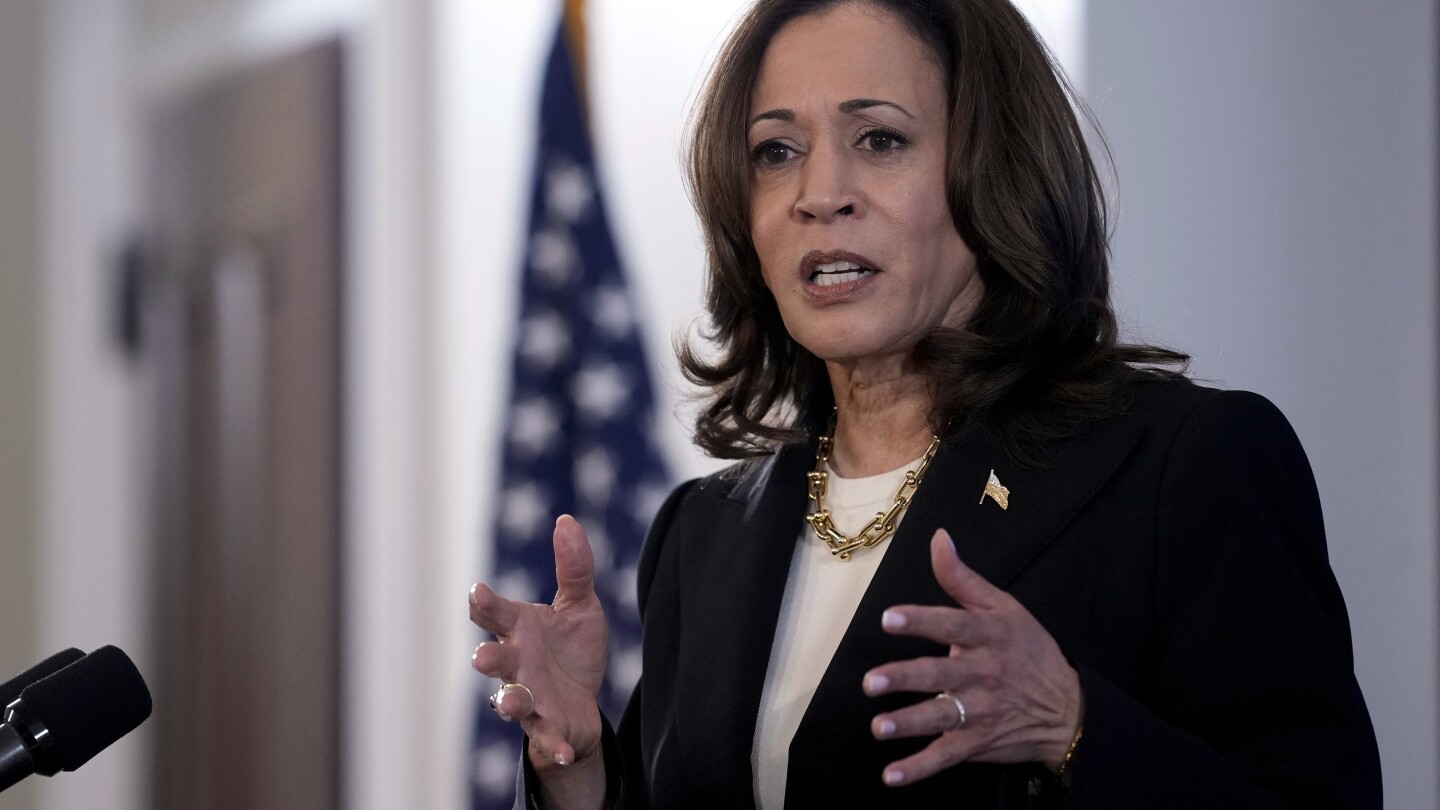Kamala Harris has a new advertising push to draw attention to her plan to build 3 million new homes over four years, a move designed to contain inflationary pressures that also draws a sharp contrast to Republican Donald Trump’s approach.
Harris, the Democratic nominee for president, highlights her plan in a new minute-long ad that uses her personal experience, growing up in rental housing while her mother had saved for a decade before she could buy a home. The ad targets voters in the swing states including Arizona and Nevada. Campaign surrogates are also holding 20 events this week focused on housing issues.
In addition to increasing home construction, Harris is proposing the government provide as much as $25,000 in assistance to first-time buyers. That message carries weight at this moment as housing costs have kept upward pressure on the consumer price index. Shelter costs are up 5.1% over the past 12 months, compared to overall inflation being 2.9%, according to the Bureau of Labor Statistics.
“Vice President Harris knows we need to do more to address our housing crisis, that’s why she has a plan to end the housing shortage” and will crack down on “corporate landlords and Wall Street banks hiking up rents and housing costs,” said Dan Kanninen, the campaign’s battleground states director.



Flint needed help a decade ago and still does
https://www.britannica.com/event/Flint-water-crisis
https://truthout.org/articles/the-2024-presidential-election-may-slow-plans-to-replace-lead-pipes/
Removed by mod
just like raising the minimum wage was talked about a decade ago too
both parties are paid too much by the MegaCorps to pass anything that would help
Removed by mod
Why would you want to do that? Lead is the problem not iron.